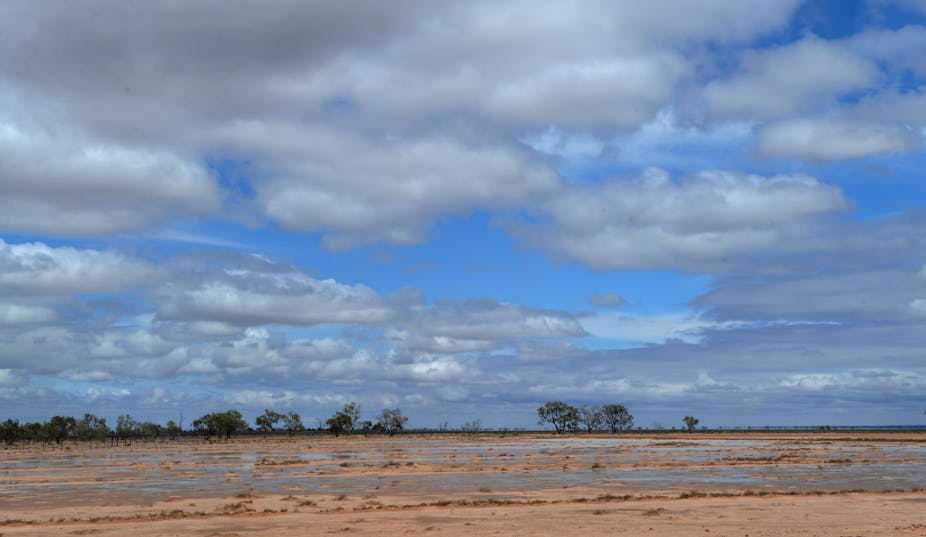Humanity will find new ways to do more with less, climate change will have a far-reaching impact, and personal experiences will trump products according to CSIRO’s latest global megatrends report.
CSIRO has defined six megatrends that will substantially change the way people live, as part of a trends database it’s been building since 2010 to help industry and government plan for the next 20 years. CSIRO chief executive Megan Clark launched the CSIRO’s megatrends update at the National Press Club in Canberra today.
The organisation says the world economy will shift from west to east and north to south, the ageing population will throw up more challenges, and we’ll all start making new connections online.
But what will these six megatrends mean for Australians day- to-day?
According to the ‘Our Future World’ report, we can expect higher and more volatile food prices, ongoing conflicts over resources such as water – evidenced by the Murray Darling Basin debate, and more mining above the ground than underground as companies seek to do more with less.
As genes, species and ecosystems all continue to show signs of decline, more effort will need to be directed towards critical biodiversity sites. The report’s authors argue the impact of climate change on animal and plant species, and humans will be far reaching, with extreme weather events, sea level rises, and higher temperatures.
As the “silk highway” takes hold tourism will be a growth export industry for Australia with tourism providing opportunities to strengthen and diversify trade connections with Asia, the report’s authors write.
As the rate of industrialisation slows in China, India may pick up the slack, however increasing commodity supply from developing countries will place downward pressure on Australia’s terms of trade. Australia might need to identify and develop new niche industries, becoming what the report labels “the Switzerland of Asia”.
The report’s authors argue the OECD’s ageing population is an asset, but with life expectancy increasing Australia’s widening retirement savings gap and rapidly escalating healthcare expenditure will remain challenging. As a result, we can expect changed retirement models, with longer transition periods.
The diabetes and obesity trend will be countered by a fitness trend, as older Australians strive to stay physically active.
New business models including peer-to-peer networks, micro-transactions and collaborative consumption are all expected to take hold, as the world becomes more connected and organisations start to benefit, rather than lose, from disruptive technologies.
Rising demand for services and experiences over products will lead to “great expectations”, according to the report’s authors, with education spending on the rise.
Despite the growth in social networking, the expectation for face-to-face interaction is expected to remain, along with an expectation for fewer but stronger social relations.

